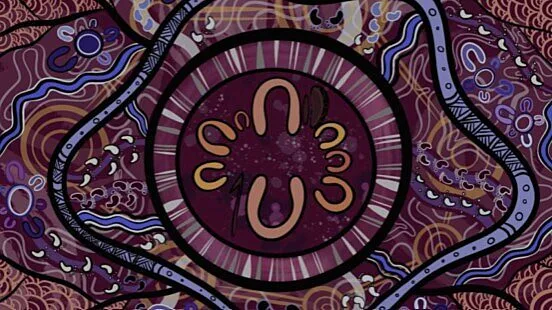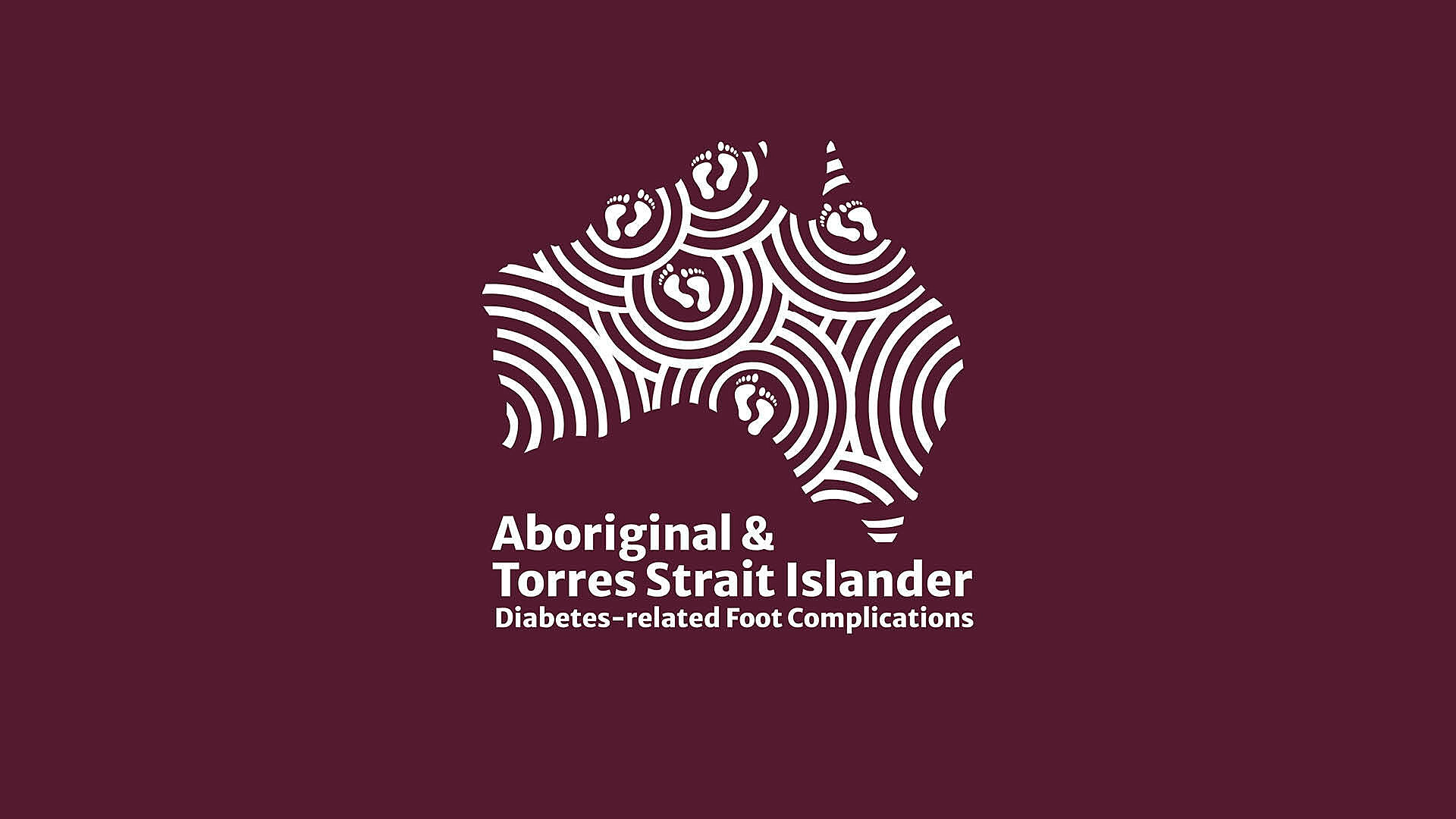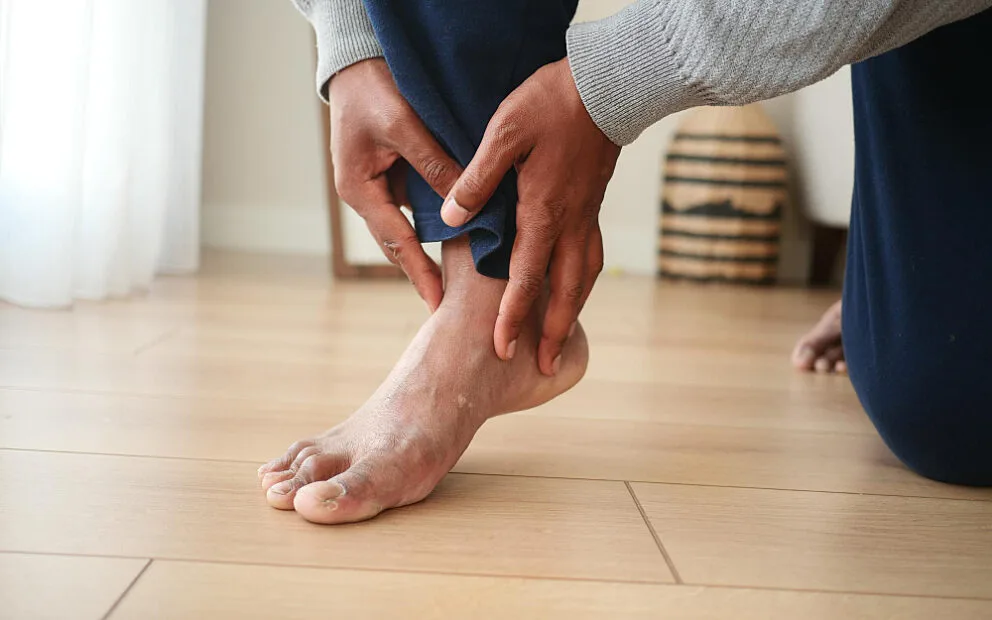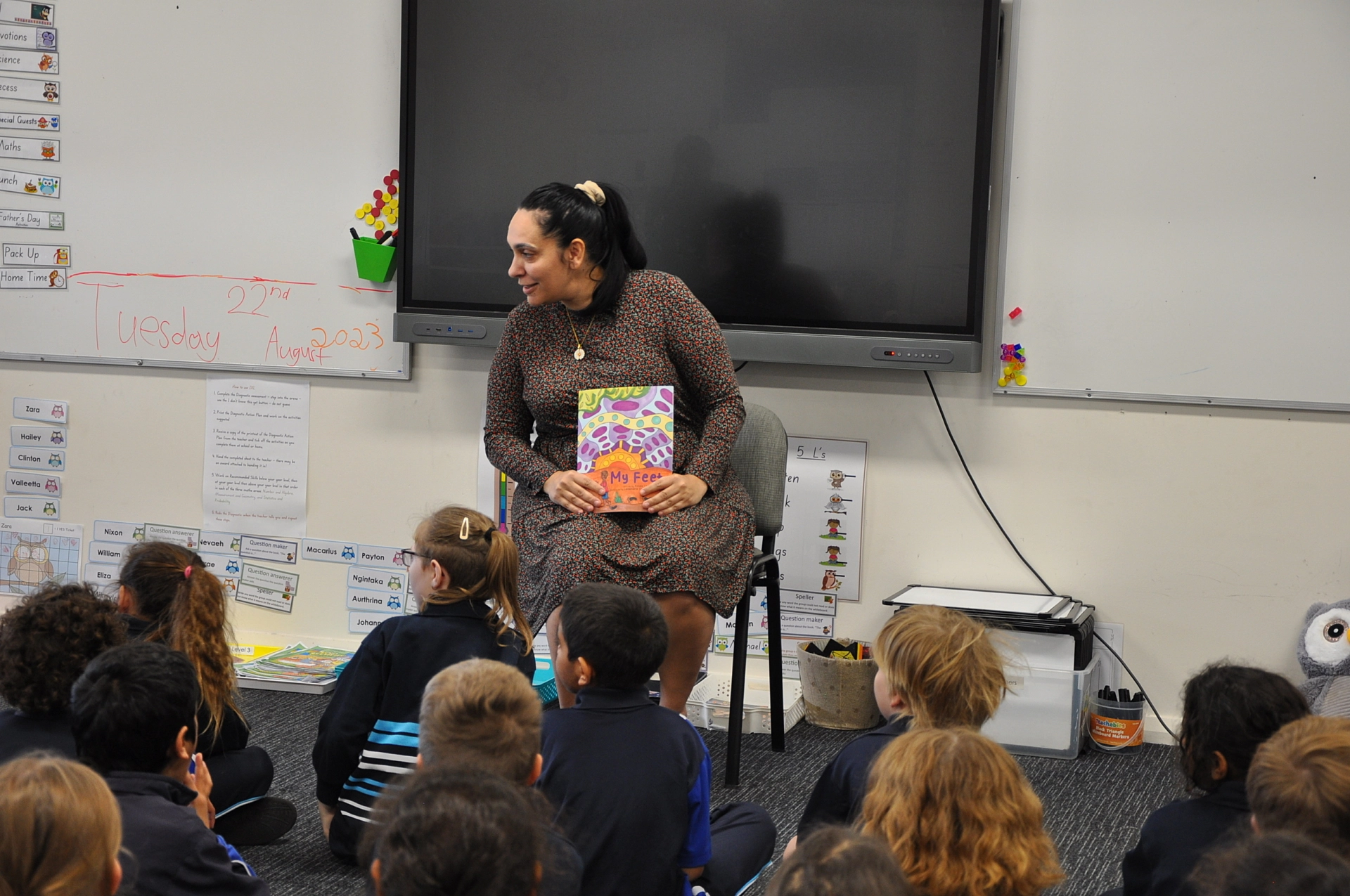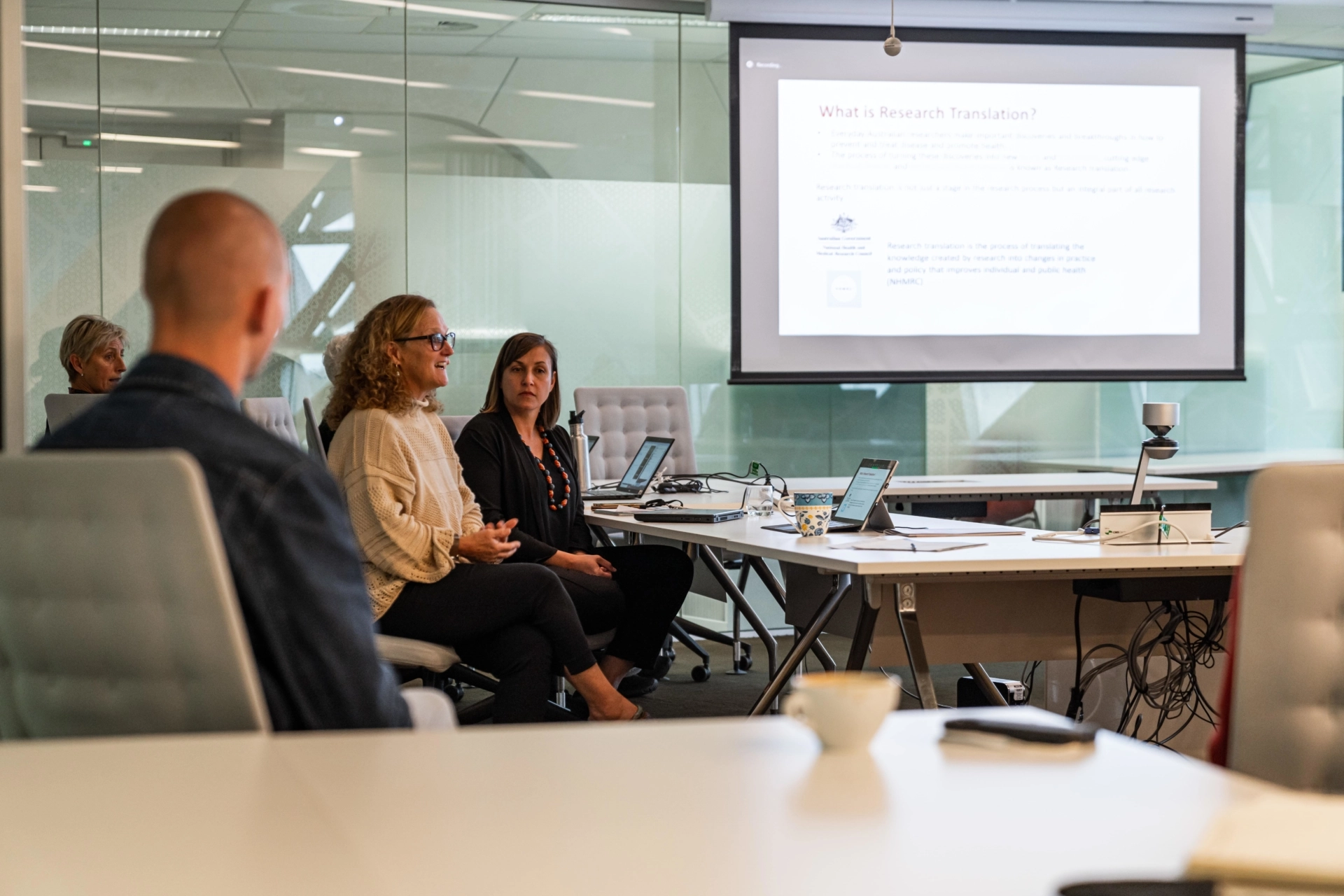SAHMRI’s Wardliparingga Aboriginal Health Equity Theme has launched a suite of community co-designed resources to support Aboriginal and Torres Strait Islander people living with diabetes-related foot complications and facing amputation.
The resources focus on the needs of indigenous patients and their families. They were developed in collaboration with people with lived experience of amputation, multi-disciplinary clinicians, Ochre Dawn, Fuller and the Walk Strong, Walk Tall Program.
The lived experience group contributed significantly to the work from the outset, graciously sharing their experiences and knowledge to shape the resources and ensure that they are culturally and medically appropriate. Their perspectives shaped the style, tone, structure and content, ensuring the information is relevant and relatable. Several participants spoke about the fear and confusion they felt before receiving the right advice, highlighting the need for clearer, culturally safe support from the beginning.
Backed by strong evidence of preventable harm, the resources aim to provide clear guidance around the three key stages of care:
- Act Fast – speaks to recognising serious symptoms and making urgent decisions, while acknowledging the importance of a second opinion.
- Recover Strong – outlines what to expect in hospital including before, after and during surgery.
- Live Well – supports people as they return home and adapt to life after amputation.
Podiatrist and project lead Saraid Martin says it’s crucial the content is practical, culturally grounded and easy to understand.
“When people and families arrive in hospital, they can feel frightened and unsure about what’s happening,” Ms Martin said.
“These resources provide clear information at the right time so those affected can be better informed and more confident about the journey ahead.”
The resources, available on the Limbs for Life website, are multimodal, including lived experience videos and information booklets.
This project builds on the Aboriginal and Torres Strait Islander Diabetes-related Foot Complications Program, a broader strategy led by Wardliparingga to reduce harm before it begins through preventative health education, strengthen local workforce capability and embed culturally safe foot care pathways into health systems.
